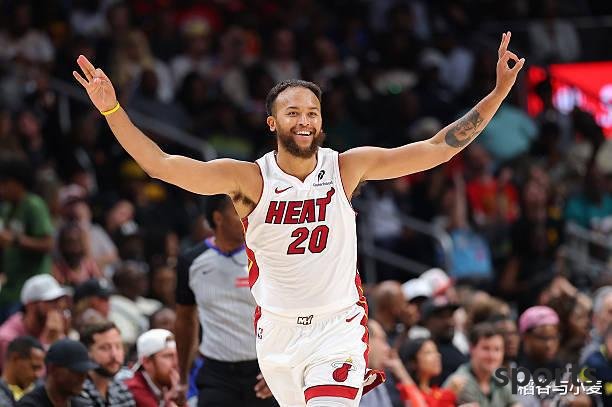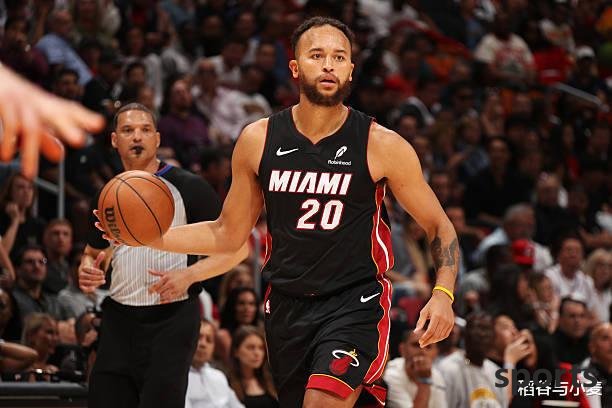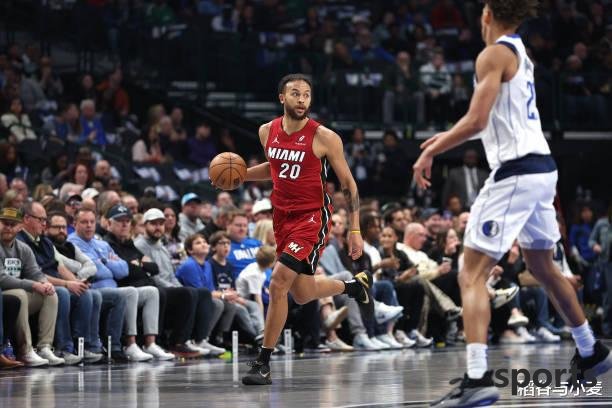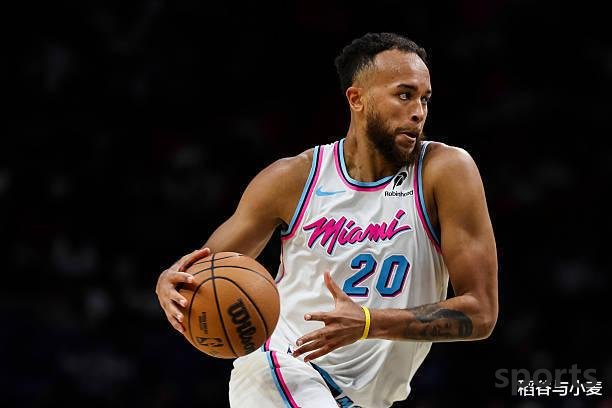It seems that the Jazz made a second round pick, but actually how many second round picks did they lose?
According to Shams Charania, the Los Angeles Clippers, the Utah Jazz and the Miami Heat have reached a tripartite deal. The specific content of the transaction is: Norman Powell was sent to the Heat by the Clippers John Collins, John Collins, and the Jazz were sent to the Clippers Kevin Love, Li Kaile and the 2027 second-round pick from the Clippers were sent to the Jazz Shams also said that the Clippers exchanged Powell for Collins to make the team's total salary space 6.7 million US dollars lower than the No. 1 Rich Line (hard salary cap). In addition, they currently have about $5.3 million in full middle class special cases to use. From the Jazz's point of view, they sent Collins away and ate Lee Kyle and Love's contract, with only one purpose, to get a second round of picks. Considering that Collins' contract is an expiring contract, his value in the market is not high, and continuing to stay him has no meaning for the team's development. Taking advantage of Collins's still having a certain trading value, sending him away in time can be regarded as seizing the last opportunity to stop the loss in time. As for the two players Li Kaier and Love, Li Kaier's salary is not high, and his contract is relatively easy to deal with, but because his playing time after joining the Heat in the second half of last season was not stable, and his performance was also ups and downs, which also led to his current trading value being relatively low. If the Jazz can provide Li Kaile with more playing time and higher tactical status to help him perform at a higher level, his trading market will still have a chance to further improve. Li Kaile's contract has expired for two years, and his salary in the next two years will be $9.22 million and $9.66 million respectively. Even if he cannot perform at a higher level, it will not be a garbage contract at least. What's more, the Jazz didn't have much demand for their record, so they wouldn't care much about it. Love is likely to be bought out after the transaction is completed. The Jazz actually freed up some salary space after completing this transaction. They can also use other subsequent players' transactions or facilitate the use of junk contracts to get more future draft picks in return. But Jazz should have completed similar transactions long ago. Before last season's trading deadline, Collins' trading value was much higher than the current situation. Even if Collins was less than a first-round pick at the time, I believe the Jazz could have exchanged multiple future second-round picks by sending him away. As a result, the Jazz chose to keep him on the team all the time. By the summer, Collins' contract became an expiration contract, and his transaction value dropped sharply. The Jazz sent Collin Sexton, Jordan Clarkson and Collins away this summer. Sexton gave him a second round pick, Clarkson was bought out, and Collins only earned one second round pick. This operation is a bit too bad no matter how you look at it. It seems that the Jazz got a second round pick through this deal, but in fact they may have lost several second round picks? 



- Recent Posts
-
- Yang Yi: The story of Jeremy L
- NBA star private jet: Jordan i
- The contract of 42 million yua
- Spurs: @swipathefox appears at
- Golden State Stalemate! Kuming
- 5 basketball predictions! Wome
- Lake media showed that Brownie
- The Nets decisiveness of losi
- As Thunder won over Tianwang M
- James Harden responded bluntly
- Hot Posts
-
- Lin Zhijie s current situation
- The Celtics are on sale! Zhu H
- Intercepting Boss Hu Cai, let
- Stockton: Malone is one of the
- Yu Jiahao joined La Liga and o
- Amen Thompson was selected for
- Cook: I witnessed James start
- Wuku Warriors are better than
- Change your fate against the w
- The Old Wolf King is in troubl
- Is it expected to enter the Ea
- The 20th major quarters are ou
- Lakers sign contract with the
- The embarrassing 1-1 in the fi
- He made key three-pointers in
- James is expected to form a te
- Doncic sings Redick: He is ver
- Clippers official praise "Welc
- He is clearly the sixth player
- Edwards made 64 free throws in
- search
-
- Links
-
